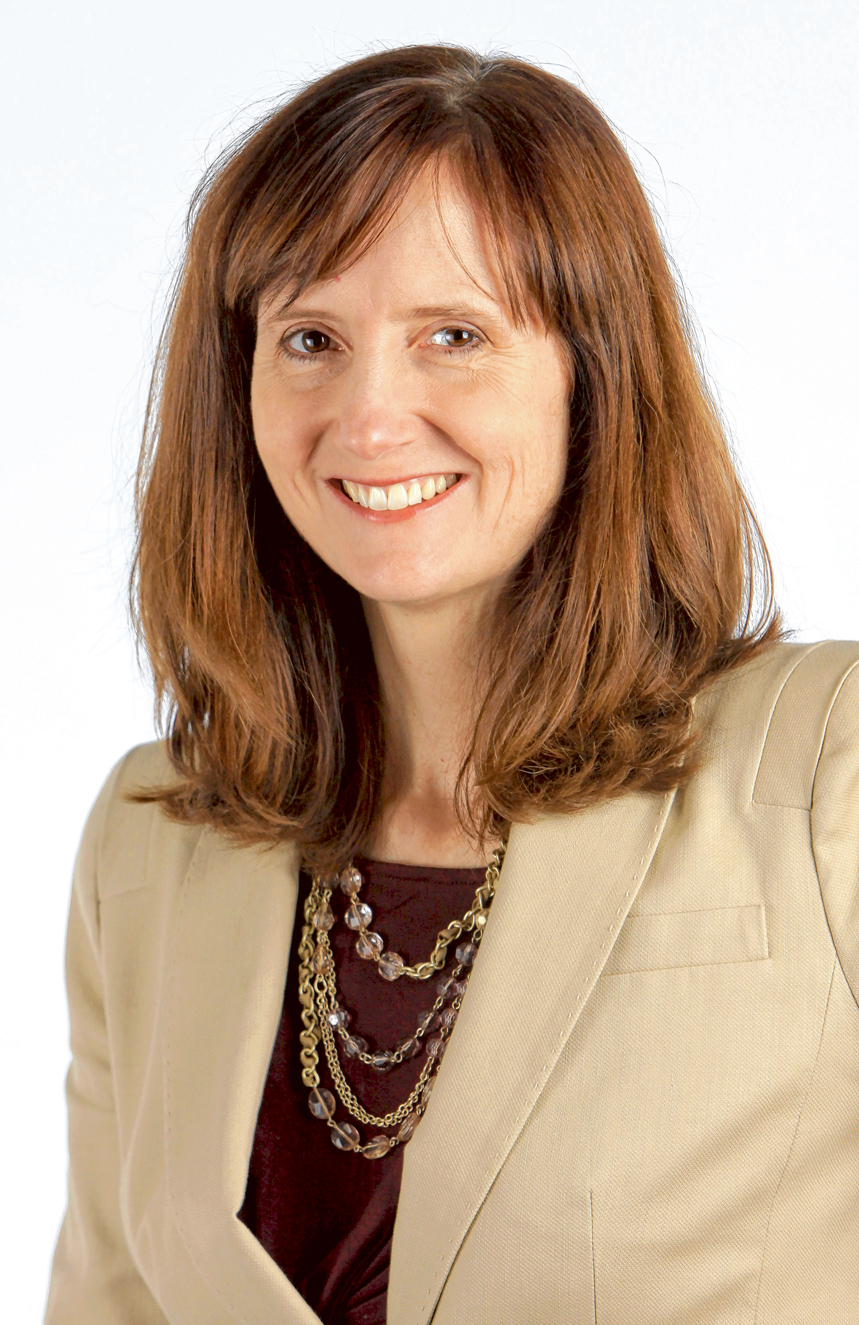The news bulletin flickered on my screen and made the hair on my arms stand up. It might sound corny, but I was filled with pride and thankful to be an American.
The bulletin was just a few words stating that a plane carrying Dr. Kent Brantly, the American doctor who contracted Ebola while serving with a missionary organization in West Africa, was headed toward Atlanta.
Many folks didn't have the same reaction I did. Almost as soon as word got out that the doctor and another American, nurse Nancy Writebol, would be treated in a special isolation ward at Emory University in Atlanta, a debate raged in the media and, even more furiously, on social media.
Why bring one of the world's most deadly viruses across American borders, people asked.
Donald Trump jumped in. "KEEP THEM OUT OF HERE!" he tweeted. CNN reported that the U.S. Centers for Disease Control and Prevention received hate emails and phone calls.
People commented with anger at postings by Georgia and Tennessee media organizations.
"Why bring it here? ... [Brantly] knowingly went there to help and contracted the disease so why not let him stay where he is and treat him there?"
"Close all borders."
"What if Ebola just wipes us out?"
"This is a great opportunity to have an outbreak here in the states."
"This decision is crazy and very dangerous ... If this genie is released from its bottle and unleashed here [in] Georgia there is no turning back!"
Of course, many support the decision to bring the patients here.
"People opposed to bringing those 2 back to the states are uneducated idiots. Point blank," one social media poster declared.
Susan Mitchell Grant, Emory Healthcare's chief nurse, wrote in a Washington Post column that fears about bringing the patients to Atlanta are unfounded and based on a lack of knowledge about Ebola and the treatment of it.
"Most importantly, we are caring for these patients because it is the right thing to do," she wrote.
For the record, Ebola is spread when an infected person's body fluids come in contact with another person's mucous membranes, such as the sinuses. While a Canadian researcher said in 2012 that he thought the virus had spread from infected pigs to healthy primates through the air in a research lab, other scientists say the study wasn't conclusive because virus-laden drops of water could have splashed from the pig pen to the monkey cages when the pig enclosure was washed.
And a report published last month in the journal Scientific Reports says no evidence was found that infected monkeys could spread the disease to other monkeys through airborne particles.
But even the hint that Ebola might spread more easily than believed has raised massive fear in some people.
Still, while reactions range from sympathy and panic about bringing Brantly and Writebol to Georgia, the news made me thankful that I live in the United States, a country that will go to such lengths to bring home two gravely ill citizens and treat them in the most sophisticated facility possible. Many countries wouldn't have the will or the means to do that.
Brantly and Writebol took on a task most of us don't want: treating patients who have a highly contagious, incurable disease. In the process, they contracted an illness that CDC Director Thomas Frieden called a "tragic, painful, dreadful, merciless virus."
Why wouldn't we want to bring them home and treat them with the best care possible?
Returning the nurse and doctor to Emory underscored to me what makes America great; the fact that we're free to debate that decisions makes America even greater.
For many reasons, when that first plane took off from Liberia headed to Atlanta, it was a moment of American triumph.
Alison Gerber is editor of the Chattanooga Times Free Press. Contact her at agerber@timesfreepress.com.

